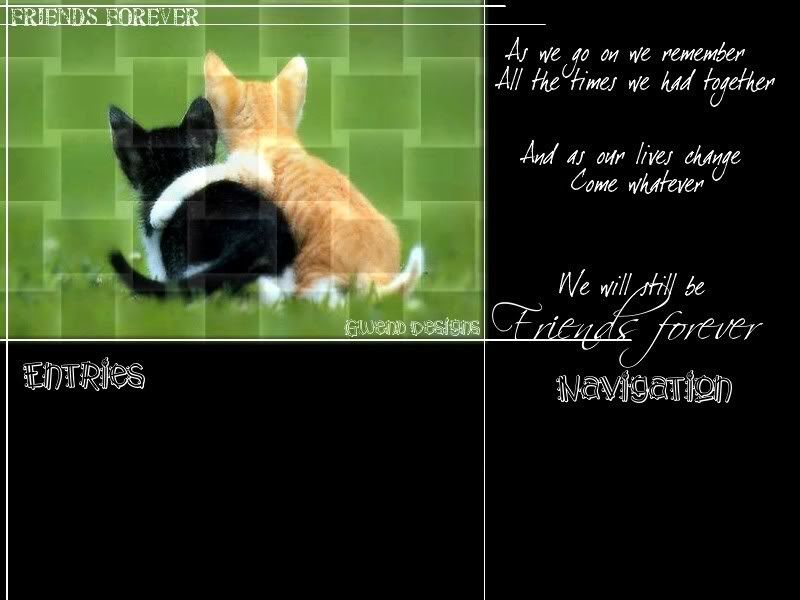Monday, January 29, 2007
1/29/2007 11:59:00 AM

It was normally used to describe indigenous troops in East Africa and the Middle East serving in the armies of European colonial powers. The designation can however also describe police, gendarmerie and security guards.
During the period of European rule in East Africa locally recruited askari soldiers were employed by the Italian, British, Portuguese, German and Belgian colonial forces. They played a crucial role in the initial conquest of the various colonial possessions and subsequently served as garrison and internal security forces. During both World Wars askari units served outside the boundaries of their colonies of origin.
alf


